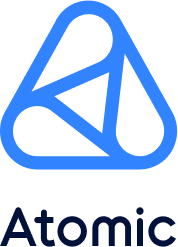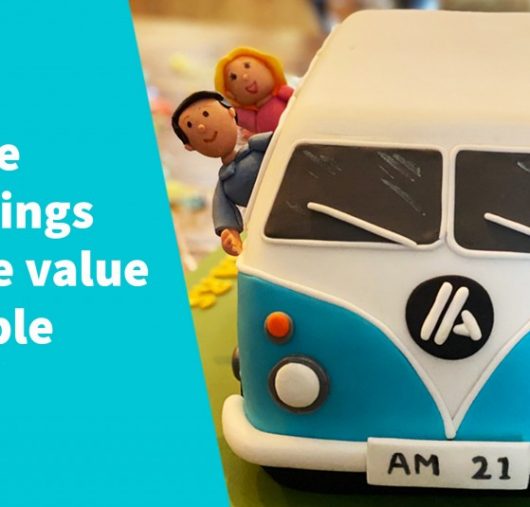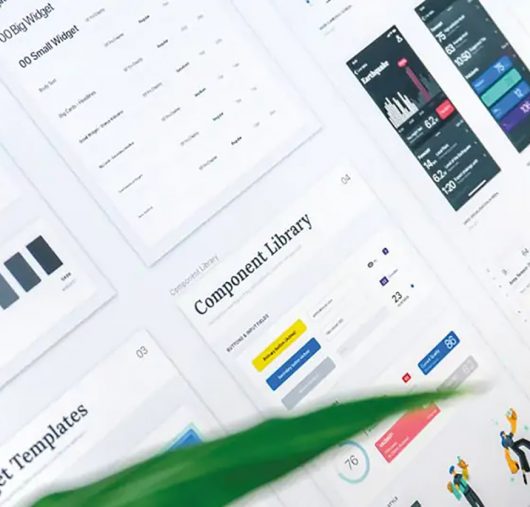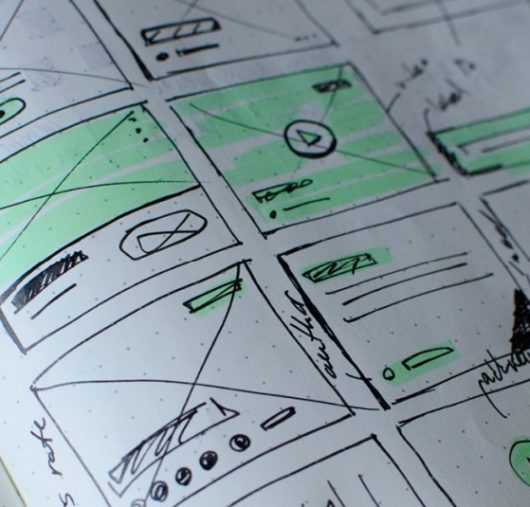Insights
Minimise project risk – the Agile way
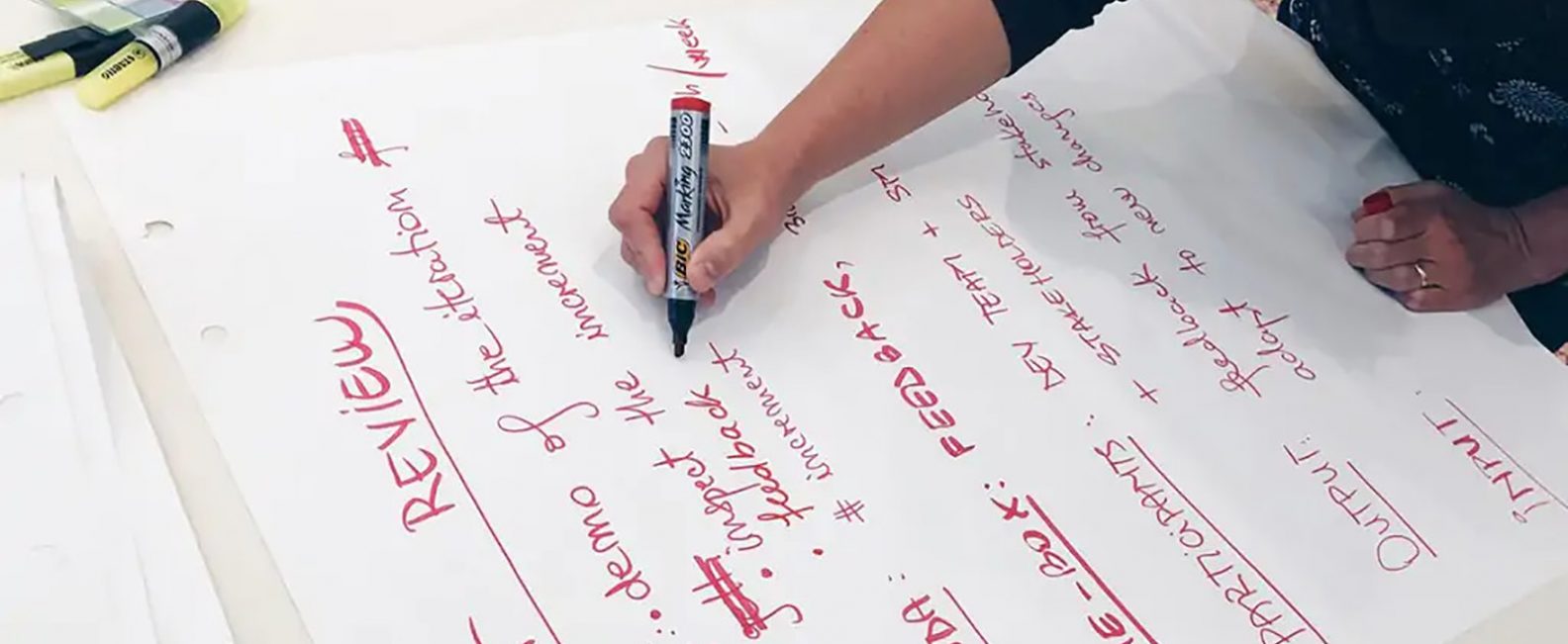
The process of app design and development has undergone a number of key changes over the years. As technology advances, and our understanding of the processes involved grows, the methods through which the desired output is achieved have evolved as well. What was once considered best practice is now seen as inefficient and ineffective.
At Atomic, we have adopted an Agile methodology to our design and development practices for a number of years now. This is a term which has been around for a while but as the process and theory behind it has been refined and proven effective, it has taken the lead as the current best practice in mobile app design.
So what is Agile?
Agile methodology is characterised by the continuous iteration of the product being developed, with continuous testing and improvement along the way. Where it differs from outdated approaches such as Waterfall, is that it allows us to continually update the product within a robust and fluid framework and, importantly, address issues as they arise.
The end result is a best in class mobile app which represents the most effective available solution to the problem at hand.
Other key benefits to adopting an Agile methodology include:
More efficient development
Agile projects have a proven success rate by speeding up delivery time to market by around 40% and raising productivity by 20%. So how is this achieved? Each element of the design and development process is separated into smaller sub-stages known as Sprints. Sprints can be worked on by different teams and can therefore run concurrently. This is in stark contrast to Waterfall methodology which requires the team to complete each stage before progressing to the next. The result is the delivery of a minimum viable product to market in good time to start capitalising from the investment.
App stability and integrity
Each sprint within the process is concluded with rigorous testing appropriate to the stage of the process. This enables us to highlight errors within the code and address them before more work is completed. It also enables us to identify potential improvements to the system architecture and suggest enhancements to the UX which may not have been requested in the initial brief.
Client involvement
We involve the client in each sprint, essentially creating each mini projects within the overall scope of the development, which enables the client to provide quicker feedback and have sign-off on each stage of the project. The overall impact is this helps create a very fluid and transparent working relationship that we have found all our clients like and see the immediate benefits.
Cost-effective management
By breaking the project down into sprints, we are able to better estimate the time and budget required to deliver a project. Each team also has clearly assigned responsibilities, deadlines and lines of reporting, ensuring every element of the project is completed effectively and on time. With a clearly defined timeline and governance structure, we are also able to redeploy resources from elsewhere to ensure each sprint meets its deadline.
For us, when we first adopted Agile methodology back in 2015 it was a simple decision to make. It is a versatile process that enables us to flex around the requirements of each individual project, but within a clearly defined structure that enables us to deliver consistent results.
To discuss how our project management approach can help bring your mobile app to market, talk to a member of our team today.


